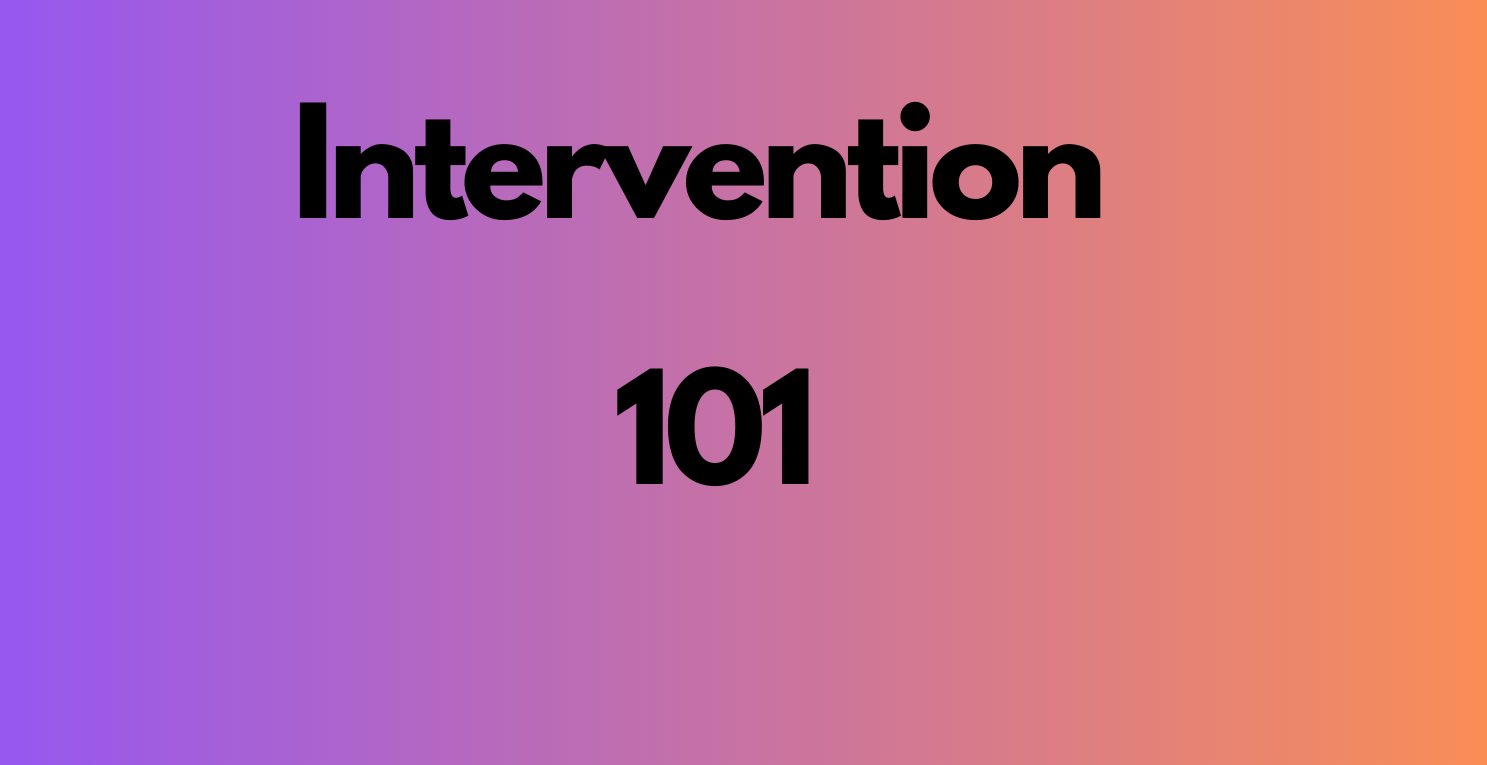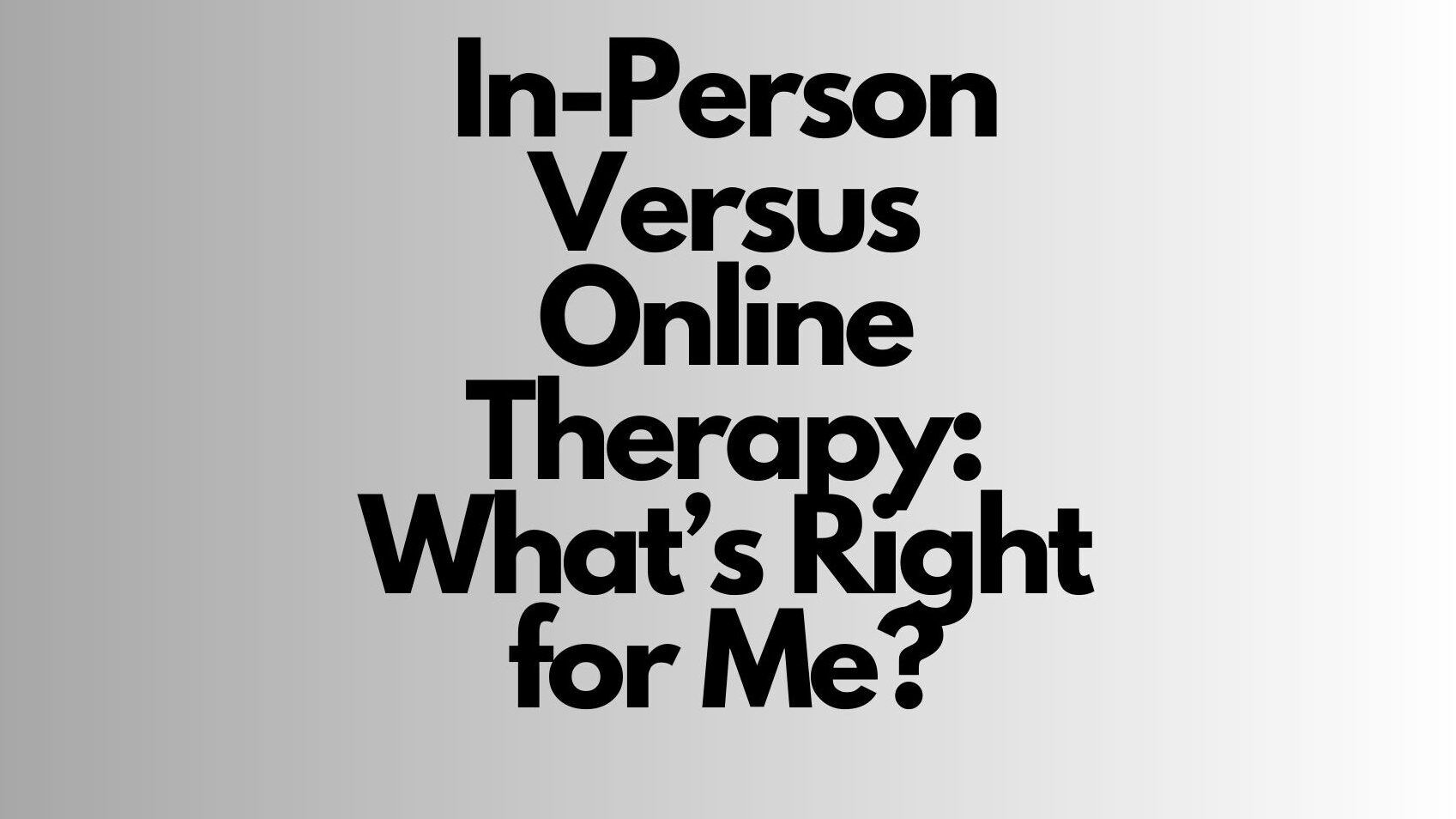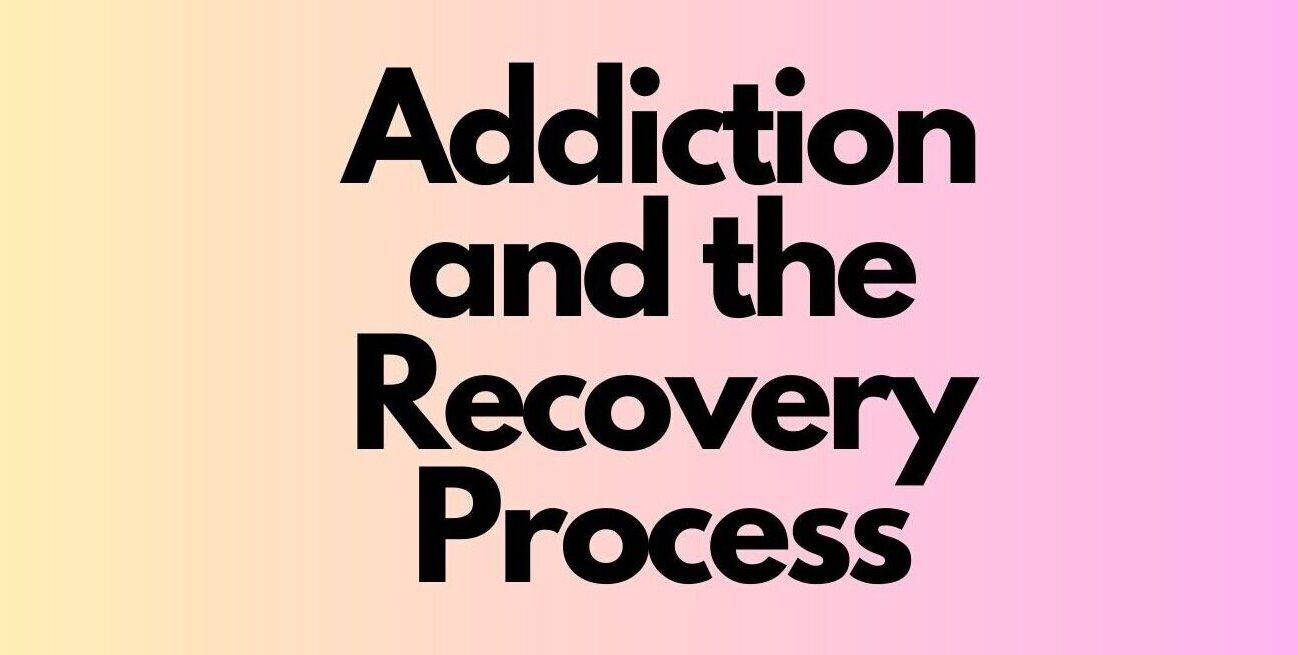The Power of Group Therapy
Addiction is a formidable adversary, gripping individuals in its clutches and often isolating them from the support they need. However, one beacon of hope that has proven to be a transformative force in jumpstarting recovery is group therapy.
Understanding the Isolation of Addiction:
Addiction thrives in isolation, making people feel alone. The shame and stigma associated with substance abuse can be overwhelming, causing many to withdraw from friends, family, and support networks. Group therapy becomes a powerful antidote to this isolation by creating a space where individuals can connect with others facing similar challenges.
Building a Supportive Community:
One of the primary benefits of group therapy is the creation of a supportive community. Participants share their experiences, triumphs, and setbacks in a non-judgmental environment where empathy and understanding prevail. The camaraderie that develops within these groups fosters a sense of belonging and acceptance, crucial elements for anyone on the path to recovery.
Shared Understanding and Empathy:
Group therapy provides a platform for individuals to express their feelings and thoughts without fear of judgment. In these sessions, participants often find that others share similar struggles and emotions. This shared understanding creates a powerful sense of empathy, as individuals recognize that they are not alone in their journey. This mutual support helps to break down the walls of shame and guilt, paving the way for authentic connection.
Learning from Peers:
Group therapy offers a unique learning environment where individuals can glean insights from their peers. As participants share their coping strategies, challenges, and successes, others can learn valuable tools for managing their own recovery. The diversity of experiences within the group enriches the learning process, providing a multitude of perspectives and approaches to overcoming addiction.
Accountability and Motivation:
The group dynamic inherently introduces a level of accountability that can be a driving force for recovery. Knowing that others are invested in their well-being encourages individuals to stay committed to their goals. The shared motivation within the group helps each member to strive for progress, creating a positive feedback loop that propels everyone forward.
Skill Development:
Group therapy sessions incorporate skill-building exercises that equip individuals with practical tools for managing stress, cravings, and triggers. Sessions may include cognitive-behavioral strategies, mindfulness practices, and communication skills. The skills acquired in group therapy become valuable assets that people apply in their daily lives, strengthening their resilience.
Breaking the Cycle of Isolation:
As participants share their stories and challenges, a sense of unity emerges. Breaking the cycle of isolation is a fundamental aspect of addiction recovery, and group therapy serves as a catalyst for this transformation. The connections formed within the group extend beyond the therapy sessions, providing a network of support that individuals can lean on during their toughest moments.
The Power of Group Therapy
In addiction recovery, the power of group therapy weaves together the elements of connection, support, and learning. It jumpstarts the recovery process by breaking down the walls of isolation, fostering empathy, and providing a space for individuals to heal together. Through shared experiences and mutual support, group therapy paves the way for a brighter and sober future.
















